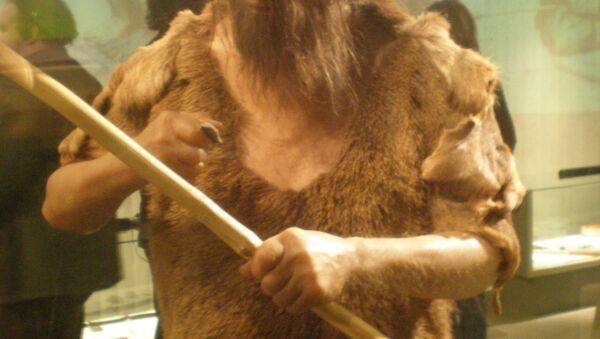The study, published in the journal Nature on Wednesday, examined data for individuals from more than 270 populations. The studies describe 787 high-quality genomes of people from groups such as Basques, African pygmies, Mayans, Bedouins, Sherpas and Cree Indians, extending the existing model of the history of human migration.
Three individual studies analyzed DNA of various world cultures, concluding that all racial groups evolved from a single population in Africa between 50,000 and 80,000 years ago.
"I think all three studies are basically saying the same thing. We know there were multiple dispersals out of Africa, but we can trace our ancestry back to a single one," Joshua M. Akey from the University of Washington said.
However, there are two conflicting models regarding human dispersal. The first proposes that all modern non-Africans developed from one population, while the second, the multiple-dispersal model, suggests that the initial migration from Africa started as early as 120,000 years ago, followed by a second migration.
The authors propose a model of dispersion which says that all contemporary non-Africans are descended from a single population, one branch to Australasia and another to current mainland Eurasia.



